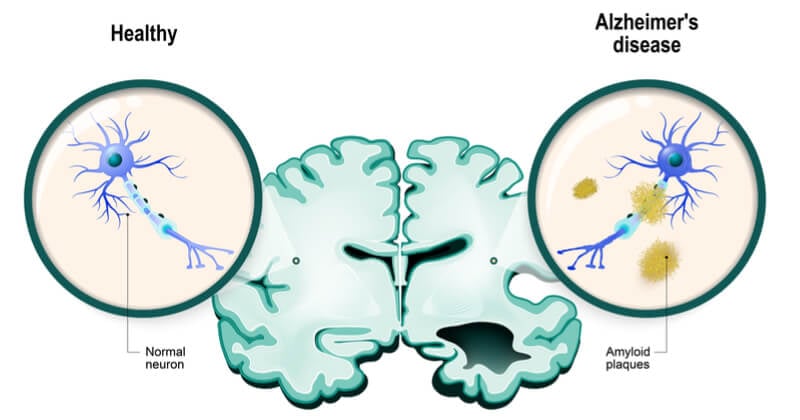Newsletter Signup - Under Article / In Page
"*" indicates required fields
Boehringer Ingelheim has ditched its Alzheimer’s drug after it failed to meet the endpoints of a Phase II trial but will continue to look at it for the treatment of schizophrenia.
One of Germany’s biggest pharma companies, Boehringer Ingelheim, has given up on the development of its Alzheimer’s drug, BI 409306, which underwent Phase II testing. The decision was based on the drug’s failure to outperform a placebo in two Phase II trials that included more than 450 patients. Boehringer follows AstraZeneca’s lead, with the UK-based big pharma getting rid of four drugs last week: two for asthma and two for cancer.
Boehringer’s Alzheimer’s candidate was an inhibitor of the phosphodiesterase 9 (PDE9) enzyme, which is involved in cognitive function. Researchers hoped that this approach would enhance glutamatergic signaling in the brain to increase synaptic strength and plasticity, which is important for memory and learning.
However, the drug has not been able to have the desired effects, with Boehringer yet to disclose exactly what happened in the doomed Phase II trial. The company has said it will share more information once the results of the study are fully understood at the upcoming Alzheimer’s Association International Conference in July, though.
Jan Poth, head of CNS diseases at Boehringer, appears to have taken the news relatively well and tried to look on the bright side in his statement: “This is what research is about: disappointments are a daily experience in science, but even these clinical trial results will add to the understanding of brain function and contribute to future progress in this area.”

Neurological and neurodegenerative diseases are renowned as particularly difficult fields to get drugs approved in. This is highlighted by the fact that it has already got the better of the likes of Axovant, Eli Lilly, Merck, and Pfizer, which indicates that pharma’s approach might need to be changed. Boehringer would’ve realized that poor early results would make approval particularly tricky. The struggle on the company’s hands will have been heightened by the success of TauRx’s drug slowing brain atrophy and AC Immune continuing to develop its anti-Tau and anti-amyloid-beta therapies.
I find that Poth’s statement sums up the mindset that pharma and biotech companies must have as they go into drug development really well. They may make some wrong turns and experience lows along the way but this will set them on the right track for success in the long-term. However, MorphoSys CEO Simon Moroney told us that “just because a lead indication fails, it doesn’t mean that the program is dead,” which is true for Boehringer’s drug, as it will still be investigated for the treatment of schizophrenia.
Images – wedninth / shutterstock.com; Designua / shutterstock.com






